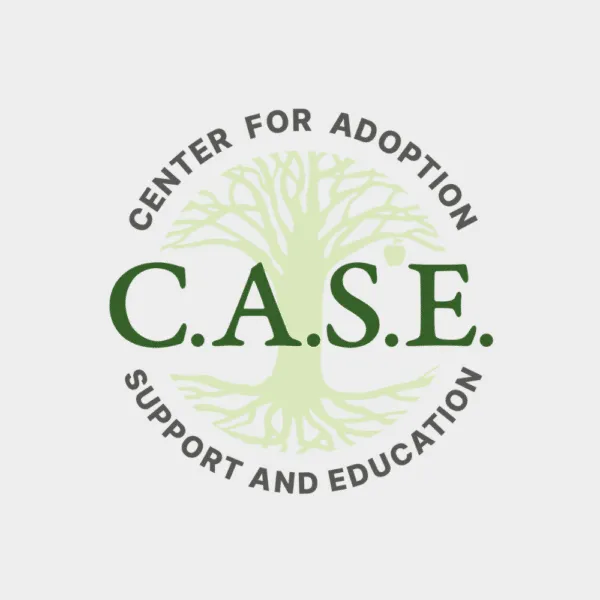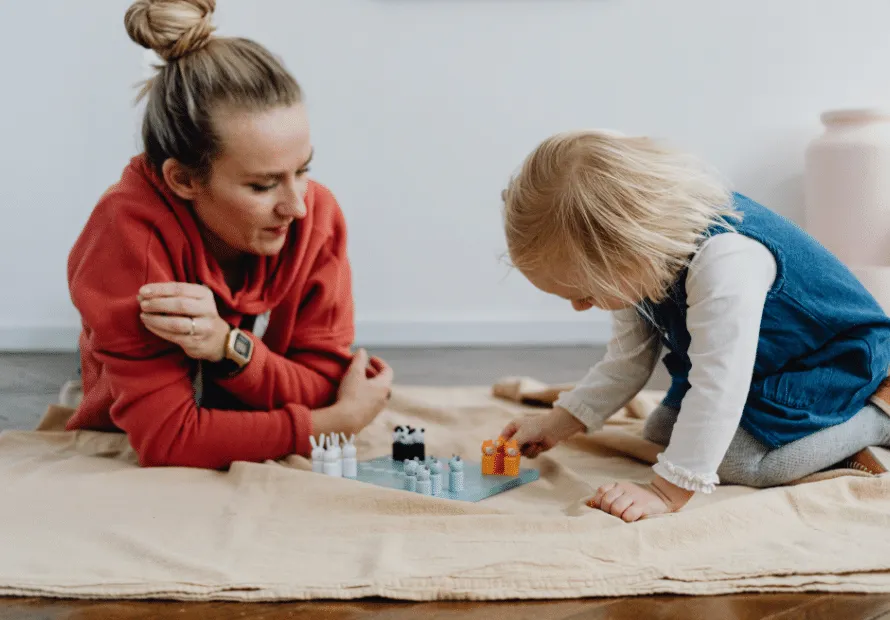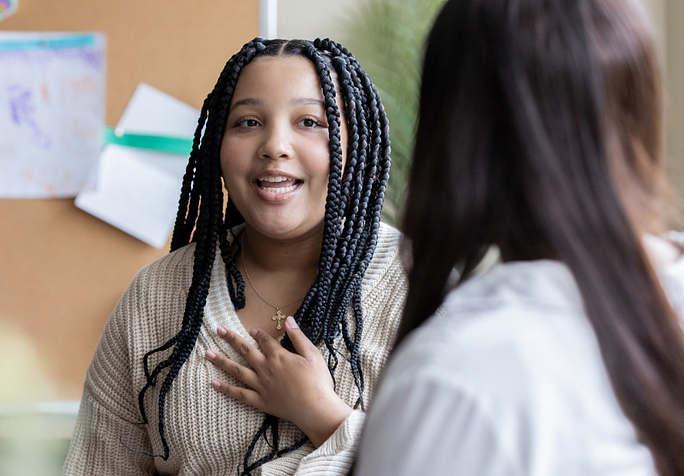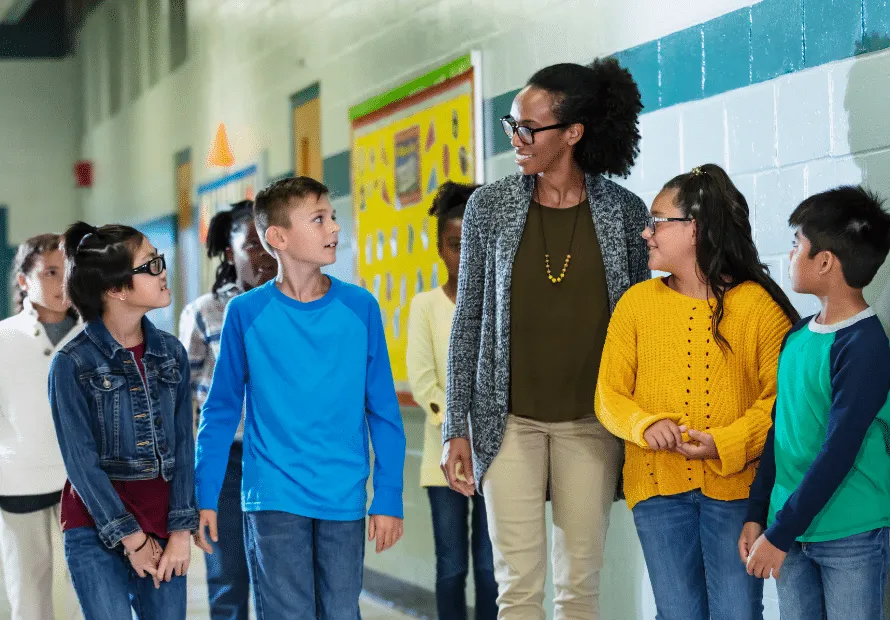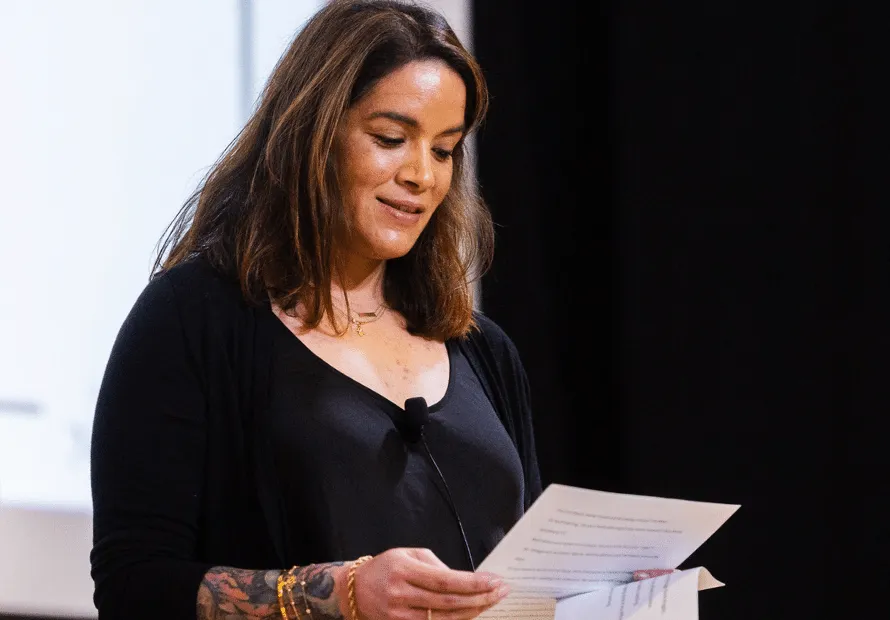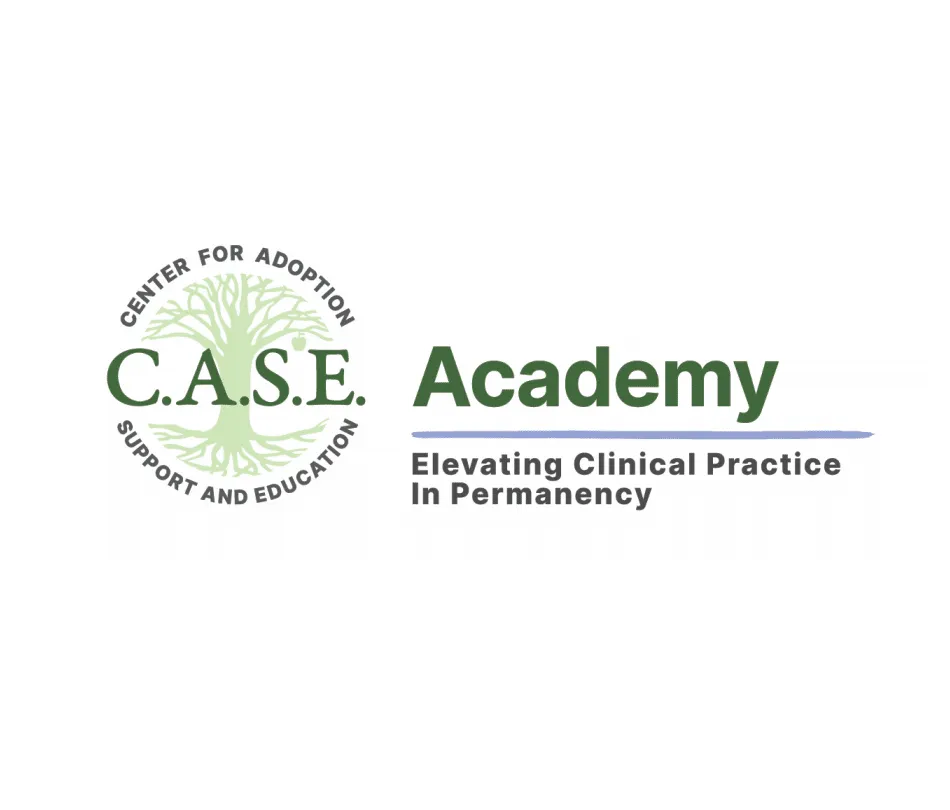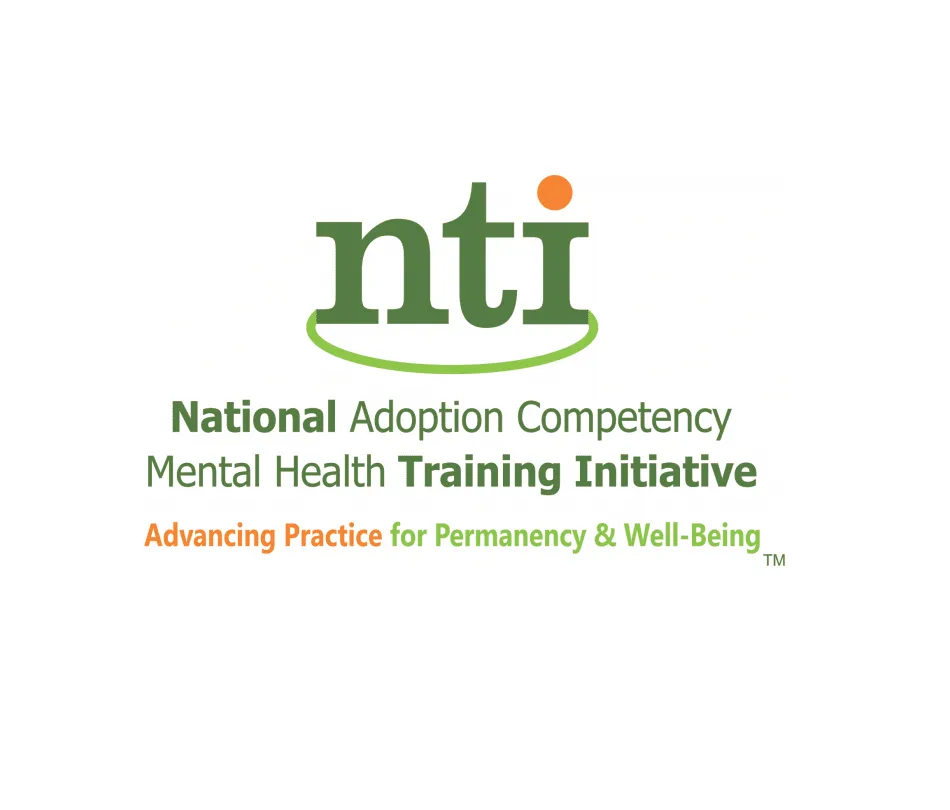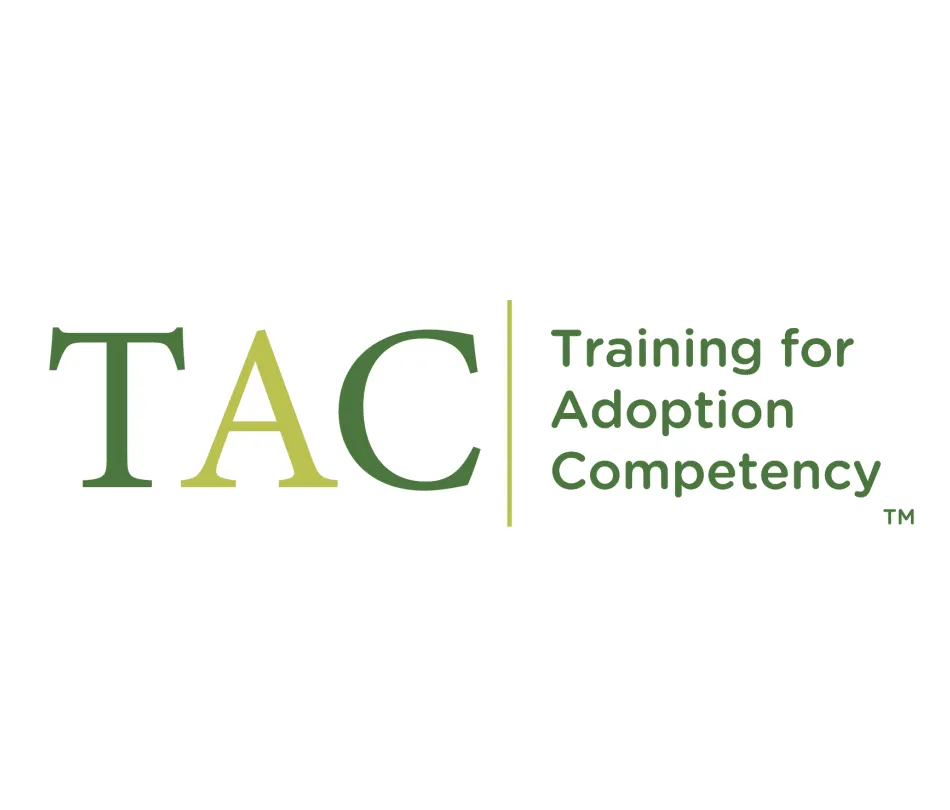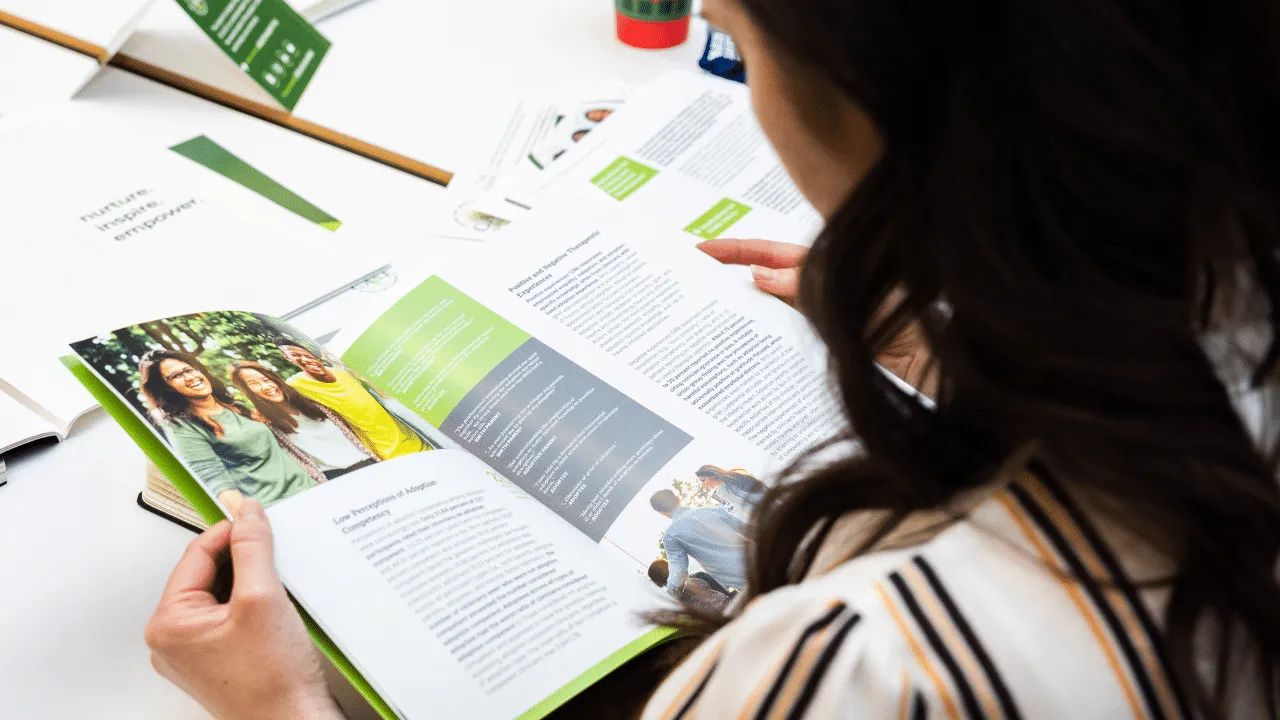What Genetic Testing Means for Adoptees: Amelia’s Story
What Genetic Testing Means for Adoptees: Amelia’s Story

11 pm.
My parents’ voices echoed to where I hid in the hallway.
‘Why now?’ I heard Dad saying.
‘Maybe she’s not happy here anymore.’ Mom replied.
I was suddenly aware of where my feet were placed. Nearly touching their door, my toes almost scraping the bottom of it, where yellow light escaped.
‘She never told us she wanted to search before.’ I heard Mom say.
‘It’s not like we didn’t ask.’ Dad said.
So, this was it then. What they were gossiping about.
I flashed back to that afternoon.
We were all sitting in the living room. Mom, Dad, and I.
I do not remember why I said it. Maybe because I saw a family on TV who looked like they could be my birth family. Their smiles looked like mine; their Brown skin was like mine. It even looked like their hair, coarse and curly, was like mine.
The program we were watching had already ended when I chose to voice what I had been feeling for weeks now.
‘I think I want to do a genetic test.’ I said.
Dad, who had been lost in the book review section of his newspaper, looked up.
‘A genetic test?’ He asked.
‘Yes.’ I said. ‘Adoptees are doing them all the time now. You just put your DNA in a kit, and then they tell you about which other people come up in your bloodline. Some of the tests also give you detailed family medical history information, as well as what health risk factors you might have based on your genetics. I know we don’t know a lot about my birth family, but this is one way to find out more. One adoptee said that she even found her birth mother after doing one of these tests.’
‘Is that what you want?’ Dad said.
‘What do you mean?’ I said.
‘Do you want to do the test so you can try to find out more about your birth family?’
‘I mean, yeah, that is part of what I want.’ I said. ‘Finding out more would be great, but I’d like a chance to actually get to know them too-if I were able to find them.’
Dad just sat there, a blank look on his face.
‘I-we understand that.’ Mom said. ‘Don’t we?’
‘Yes.’ Dad said. ‘We understand.’
‘Whenever you want to search, to do the test, we’ll be there to support you.’ Mom said. They looked at each other, then back at me.
The rest of the day progressed as it normally did. With Dad making lame jokes about the neighbor’s dog. With Mom talking about the latest historical fiction, she had read. I listened, but my mind was still on that family on the TV, on the idea of doing a genetic test. I wished Mom and Dad could read my mind so they could understand why it was important to me. I wished they could see me wondering if the Brown kids I played soccer with on Saturdays might be related to me. Or wondering what my life would have been like if I were raised by the Brown couple we sometimes saw at the grocery store after Church on Sundays. I wished they could understand what it was like wondering what medical minefields might lay ahead of me as someone who had no idea what conditions or diseases ran in her family. Maybe if they knew, they would be more enthusiastic about supporting a search for a part of my identity I had yet to uncover.
Maybe they would have started helping me right away, not ‘whenever’ I was ready-I was ready now.
I spent the rest of the day planning how to approach them again. I knew exactly what I wanted to say. I had learned from my online research that there were two types of genetic testing, Direct to Consumer Testing, and Clinical Genetic Testing. Direct to Consumer Testing referred to a genetic test you can complete at home without a health care provider. Ancestry DNA, 23& Me, and similar tests, were Direct to Consumer tests. These tests give you a kit to collect your DNA sample, and then you send it to a private company. Afterward, they analyze it and give you a report on your genetics. Direct to Consumer Testing, which is often geared toward matching individuals with their biological relatives might help me find my birth family.
By comparison, Clinical Genetic Testing is administered with the help of a healthcare professional. Clinical Genetic Testing, which gives individuals a more comprehensive understanding and history of whether genetic medical conditions or diseases run in their family, would help me determine if any medical minefields were in my future. I planned to take both types of tests. I knew many Direct to Consumer tests maintained the right to use my DNA without my consent in the future if I agreed to give them my DNA, but that was a price I was willing to pay if it meant finding and connecting with my birth family. I also knew the costs for Clinical Genetic Testing were steeper than Direct to Consumer Testing, and that I would need to have follow-up visits with a genetic counselor to discuss my results. I did not have enough money to pay for Clinical Genetic Testing but was willing to take a loan from my parents and pay them back somehow. Rita’s Ice Cream seemed to be hiring every summer, maybe I could do that, I thought to myself.
I devised a plan to ask them in the morning. I was on my way to wash my face before bed when I heard what they really thought about my genetic search request.
‘And what if she finds them and pulls away from us?’ I heard Dad say.
‘Agreed,’ Mom said. ‘And what if her birth family is not ready and they tell her they don’t want contact with her? That would be so painful.’
‘Right.’ Dad said. If she searches, if she does this test, she might actually be opening a Pandora’s box.’
I turned around and headed back to my room, forgetting why I had ventured outside of it in the first place. I sat down on my bed, contemplating what Mom and Dad had said.
The real Pandora’s box was them trying to keep me from discovering more of who I was. I thought. My curiosity about my birth family did not mean I viewed my parents any differently than I did the day before. Mom and Dad would always be my parents. However, I had other family members out there, family members who could tell me stories about my birth mom. Family I could be in the company of without feeling like I was sticking out because of the color of my skin. Family who might be able to tell me more about the medical history of my family, about what conditions to look out for if I decided to have birth children in the future. No. I did not want to do a genetic test, I needed to. Sure, things might get messy, but things already were. Being separated from my birth family in the first place was ‘messy.’ Life in general is messy. The pain of being shunned by a birth family member while attempting a reunion could be immense. However, the pain of knowing that if I had only tried, I could have met family members who also wanted to get to know a loved one who was previously lost to them, seemed far worse. I knew Mom and Dad were trying to protect me, but if they really wanted to do that, they would help me search. Even if it was uncomfortable for them – they would support me. My head finally sunk into my pillow...Why didn’t Mom and Dad understand that helping me with the search was something that could only make me feel closer to them? Having their support, and their permission to seek out my birth family was something that would only strengthen my bond with them. I drifted off to sleep, wondering if I’d have the same dream I always had-the one with Mom, Dad, and me smiling with my birth family, one big family.
Written by Tony Hynes, MA, C.A.S.E. Training Specialist and author of The Son With Two Moms.
Resources for Learning More About Genetic Testing for Your Family
